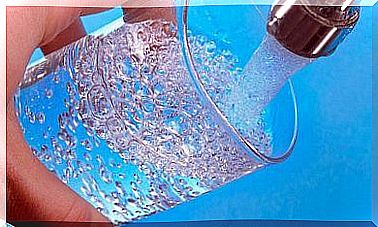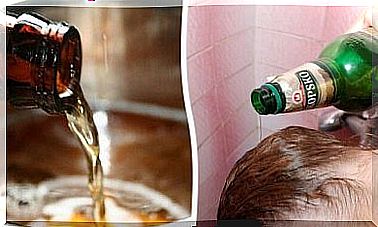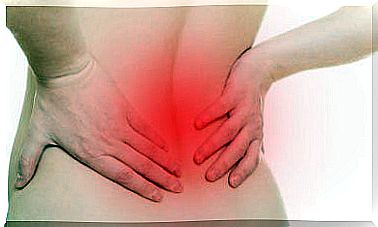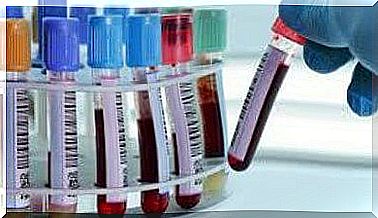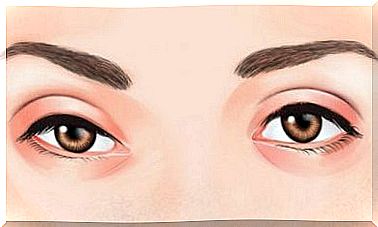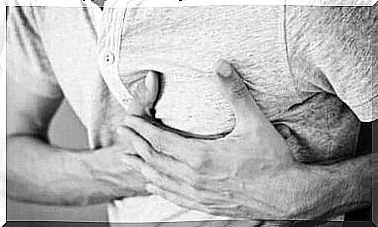Nocturnal Urination: Treatment Options
Getting up several times at night due to the urge to urinate at night can have negative effects on the patient’s quality of life.

Nocturia (nocturia) is a disease that disrupts nightly sleep by making you urinate. It makes you go to the bathroom more often at night than during the day.
The urge to urinate increases with age and is observed in both men and women. There are several causes of nocturia.
If the affected person gets up to go to the bathroom more than twice a night, it can become a problem. Urination at night can therefore adversely affect daily activities and thus affect the person’s quality of life.
Nocturnal urination: causes

There are several causes behind urination at night. For one, drinking plenty of fluids in the late afternoon or drinking coffee or alcohol after dinner can lead to nocturia.
On the other hand, urinary tract infections can also lead to increased urination at night. Likewise, high levels of calcium in the blood or the use of medications, such as diuretics, can cause this problem.
In addition, there are some clinical pictures that can promote nocturnal urination. Here are some examples of this:
- Poorly controlled diabetes
- Diabetes insipidus or gestational diabetes
- Heart failure
- Edema in the lower extremities
- Sleep problems or disorders, such as sleep apnea
- Certain medications
Diagnosis of nocturia
If you think you have nocturia, and to help your doctor make an accurate diagnosis, record when and how often you empty your bladder.
For two days, write down the amount of fluids you drink, the number of times you use the toilet, the amount of urine you produce, the medications you are taking, any urinary tract infections and any associated symptoms.
Your doctor will then review this information to determine the causes and the best treatment for each patient. Additionally, your doctor may order a urine test to examine the urine and see if there are any conditions that are causing the disease.
Symptoms of nocturia
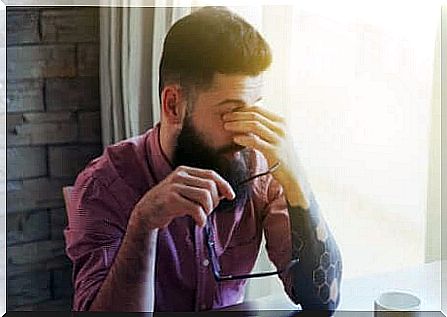
The main symptom of this disease is insomnia. Typically, you should be able to get 6 to 8 hours of sleep without going to the bathroom. However, patients who urinate at night interrupt their sleep more than once a night to urinate, which in turn can disrupt their normal sleep cycle.
Another symptom of this condition is an increased need to urinate during the night and during the day. Your body produces more than 2 liters of urine when you sleep. Daily polyuria is the same as nocturia, only during the day.
You may also be producing more urine at night than your body can hold, which means the body has to pass something at night.
Nocturnal Urination: Can It Be Prevented?
The World Health Organization (WHO) recommends a number of preventive measures. Some of them are closely related to the causes of this disease:
- Avoid drinking a lot in the afternoon. Avoid alcohol and other stimulants at the same time.
- Urinate frequently, especially during the day and before bed.
- Eat lots of vegetables, fruits, legumes, soy and its derivatives. At the same time, make sure to eat less red meat, saturated fat, salt, sugar and calcium.
- Lie flat after eating, such as on a sofa.
- Avoid long trips, constipation, and moisture.
- Do some exercise.
- Avoid being overweight.
Treatment options
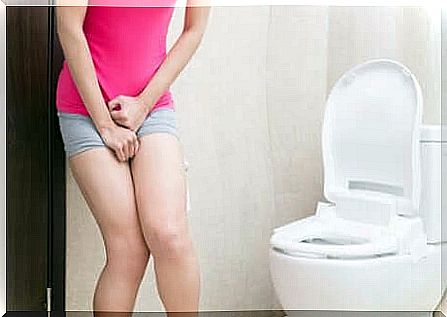
If you think you may have nocturia, you should see a doctor. He can refer you to a urologist if necessary. Treatment for nocturia depends on the causes.
Treatment options for this disease can include various pharmacological interventions or treatments. In the course of drug treatment, there are some measures to consider:
- If you are currently on diuretic medication, take it 6 hours before bed.
- Take a nap in the afternoon.
- Put your legs up.
- Wear compression stockings. They can actually help prevent fluid buildup.
On the other hand, pharmacological treatment includes taking anticholinergic drugs. These drugs can reduce the symptoms of an overactive bladder.
Diuretics can also help regulate urine. Medicines such as desmopressin are also used to prevent the kidneys from producing less urine.


